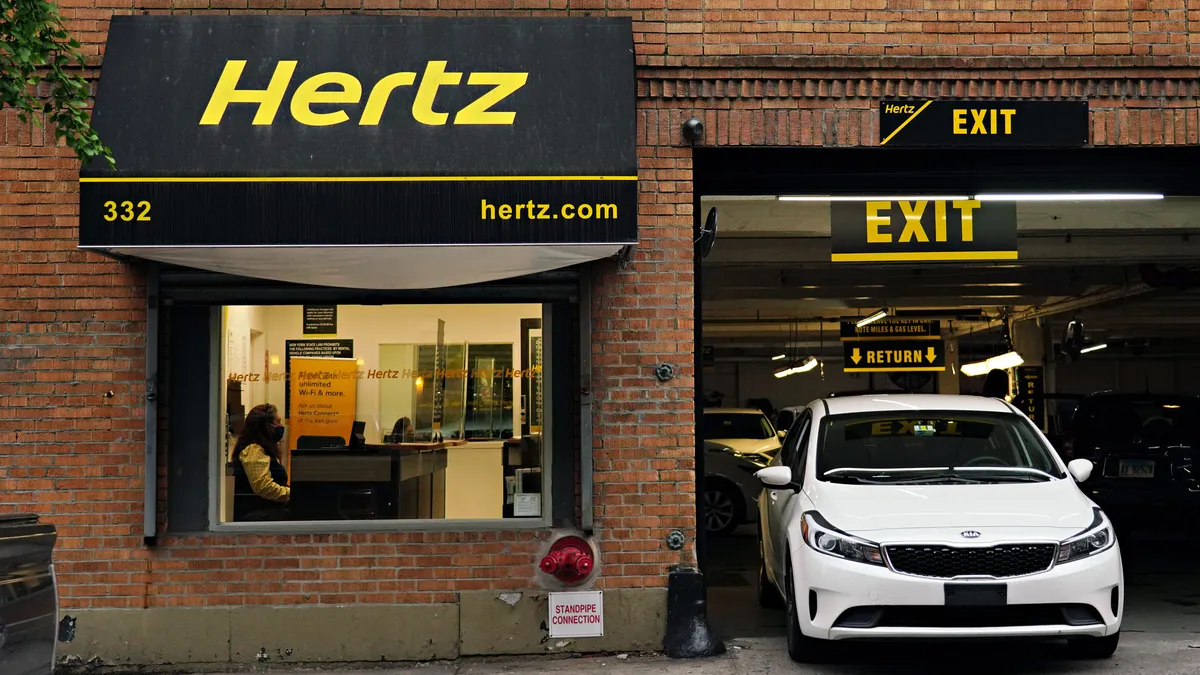Memorial Day weekend doesn’t carry the same weight as the Thanksgiving holiday weekday, but it can still be a make or break period for the customer experience — and offer businesses an opportunity to stress test customer experience strategies for the busier months.
A special Memorial Day experience isn’t necessary for success, experts told CX Dive. Instead, companies can focus on maintaining the same standards for customer service, personalization and speed shoppers expect at any point in the year.
Every business should understand what its customers expect and take the necessary steps to maintain a great experience whether it’s a holiday weekend or not, according to customer experience expert and author Shep Hyken.
For some companies, Memorial Day means a flurry of activity, Hyken said. For others, most customers will be too preoccupied with barbecues and bargain hunting to pursue their services. In either case, customers expect to be treated with the same care as usual.
“It doesn't matter if it's January or July, bundled up at home or out there chilling on a beach,” Hyken said. “You want the customer to like you, which means they like your product or they like your service, and ideally they like it enough to want to come back.”
Summer is perfect for stress tests
Late spring and early summer holidays present opportunities for companies to stress test their experiences, according to Kassi Socha, director analyst of marketing at Gartner. Traffic rises during this period, but it hasn’t yet reached its peak.
“This is the time where consumers will put to the test and celebrate or provide very strong feedback on what is or is not working,” Socha told CX Dive.
Customers may be less forgiving during smaller holidays like Memorial Day than they are during holidays like Black Friday, when they’re used to longer wait times, Socha said.
But even a negative response can be to companies’ advantage. A CX failure in May or June leaves ample time to fix any problem ahead of the holiday rush, Socha said. By late fall, brands should be “adding fuel” to proven strategies, not repairing a broken experience.
Data helps get staffing right
Delivering consistent experiences, whether on a busy winter holiday or in the dead of summer, requires having the right amount of staff working phones or in-store helping customers, according to Hyken.
Inadequate staffing is particularly troublesome for retailers, according to Hyken. A potential customer who sees an overcrowded store may simply take their business elsewhere.
“All you're going to remember about that store is one thing — a long line,” Hyken said. “Because they weren't staffed properly, they weren't prepared for an influx of customers, and therefore, they alienated a customer that never even entered the store.”
Data is the key to getting staffing levels right throughout the year. Voice of the customer tools provide a window into what has worked in the past and what needs improvement, according to Socha.
“We always advise and guide retailers and brands to invest in their true customer experience for a foundation,” Socha said. “And that often starts with doubling down on voice of the customer research.”
VoC research can be combined with other data, such as broader consumer trends, to understand customer expectations for a given holiday, according to Socha. This can help companies ensure they are not only scheduling enough help, but optimizing the entire experience.










